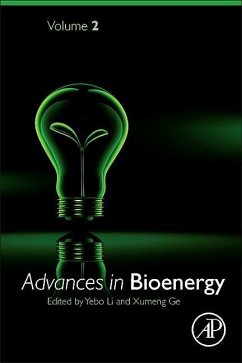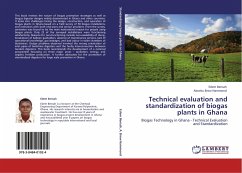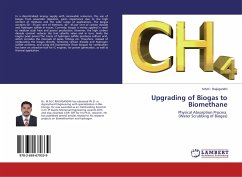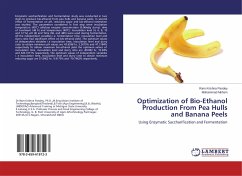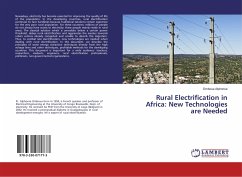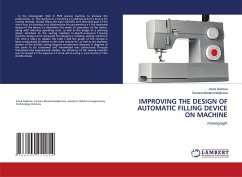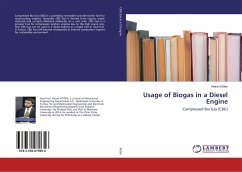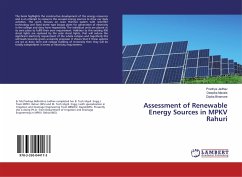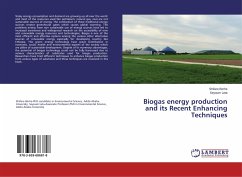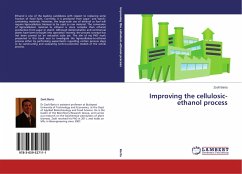
Improving the cellulosic-ethanol process
Versandkostenfrei!
Versandfertig in 6-10 Tagen
41,99 €
inkl. MwSt.

PAYBACK Punkte
21 °P sammeln!
Ethanol is one of the leading candidates with respect to replacing some fraction of fossil fuels. Currently, it is produced from sugar- and starch-containing materials. However, the large-scale use of ethanol as fuel will require lignocellulosic biomass to be used as raw material. The conversion of lignocellulosic material to ethanol is more complex than ethanol production from sugar or starch. Although demonstration and commercial plants have been brought into operation recently, the process concept has not been proved on an industrial scale yet. The aim of my PhD work presented in this book ...
Ethanol is one of the leading candidates with respect to replacing some fraction of fossil fuels. Currently, it is produced from sugar- and starch-containing materials. However, the large-scale use of ethanol as fuel will require lignocellulosic biomass to be used as raw material. The conversion of lignocellulosic material to ethanol is more complex than ethanol production from sugar or starch. Although demonstration and commercial plants have been brought into operation recently, the process concept has not been proved on an industrial scale yet. The aim of my PhD work presented in this book was to investigate the lignocellulose-to-ethanol process either by performing experiments regarding certain process steps or by constructing and evaluating techno-economic models of the whole process.



